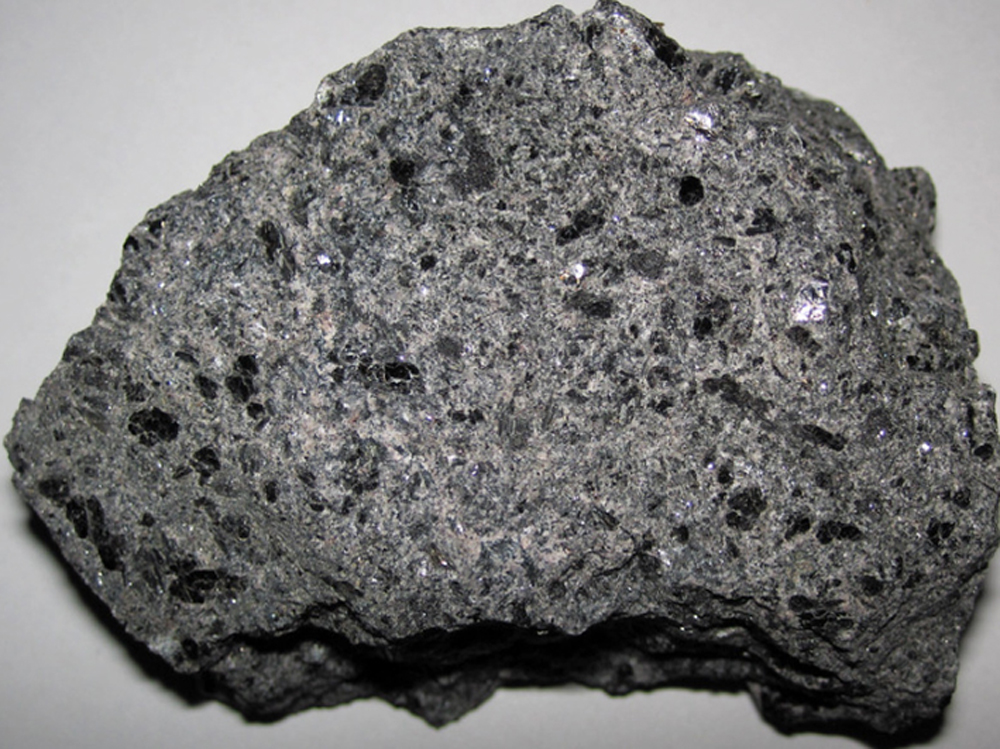Negotiating the GM Minefield



India is set to embark on a new chapter in its Polar exploration journey with the construction of Maitri II. The Indian government plans to establish a new research station near the existing Maitri ba...
.png )
The Deep Ocean Mission (DOM), approved by the Government of India in 2021 under the Ministry of Earth Sciences (MoES), represents a strategic step in realizing Sustainable Development Goal 14 (SDG 14:...

China recently announced restrictions on the export of seven rare earth elements (REEs), soon after US President Donald Trump decided to impose tariffs. As the world's dominant supplier—responsible fo...
Progress in biotechnology has brought in genetically modified (GM) crops that are expected to change the agricultural contours. However, unlike the developed world, there are latent as well as vocal a...
In India, the efficacy of biotechnology and genetic modification appears to have taken a hit with the latest trend anticipating a decline in the yields of Bt cotton and a hostile climate pervading for...
Progress in biotechnology has brought in genetically modified (GM) crops that are expected to change the agricultural contours. However, unlike the developed world, there are latent as well as vocal apprehensions in the developing world regarding the use of GM seeds. Further, legal issues of patenting in different countries are also a serious concern.

In India, the efficacy of biotechnology and genetic modification appears to have taken a hit with the latest trend anticipating a decline in the yields of Bt cotton and a hostile climate pervading for all genetically modified crops. Continued research, however, is non-negotiable if science based advancements are to take root.
